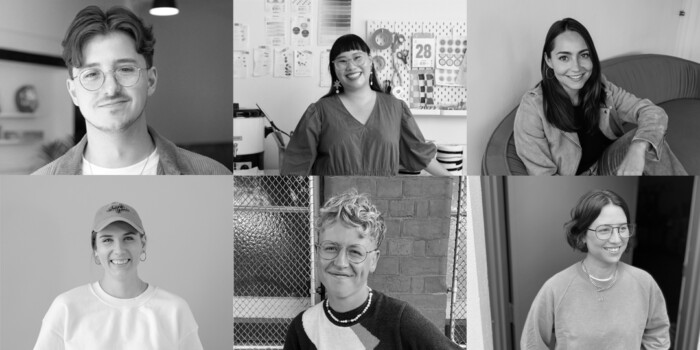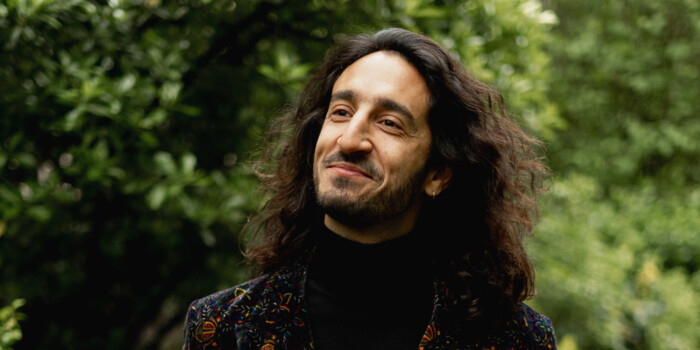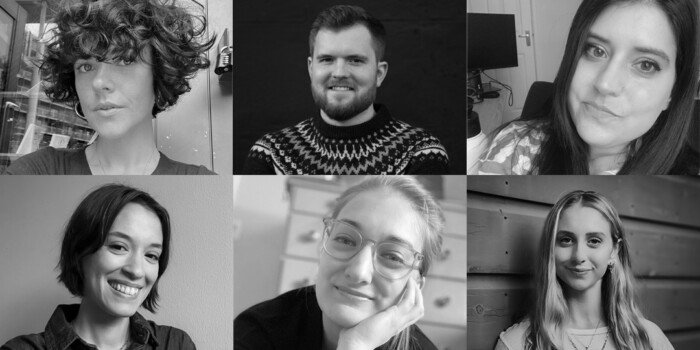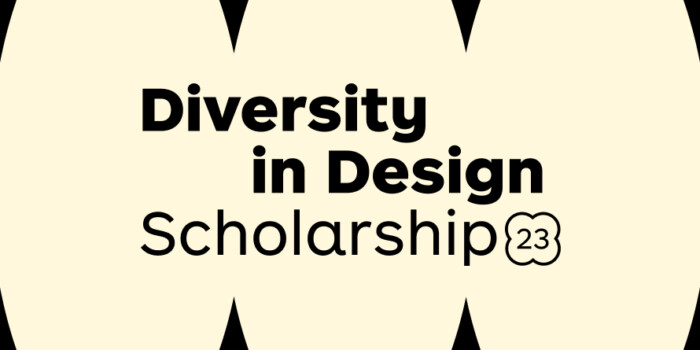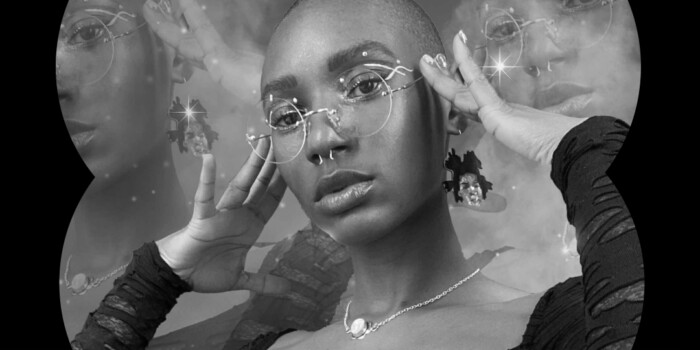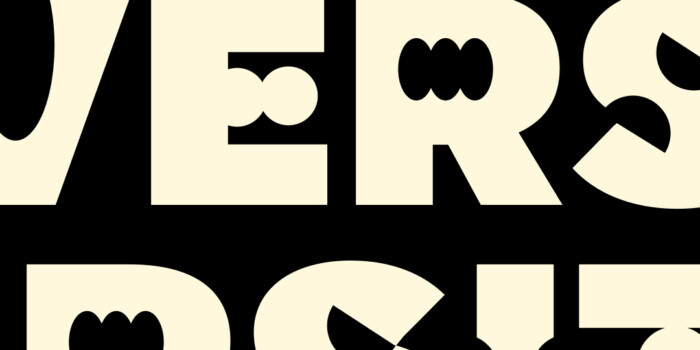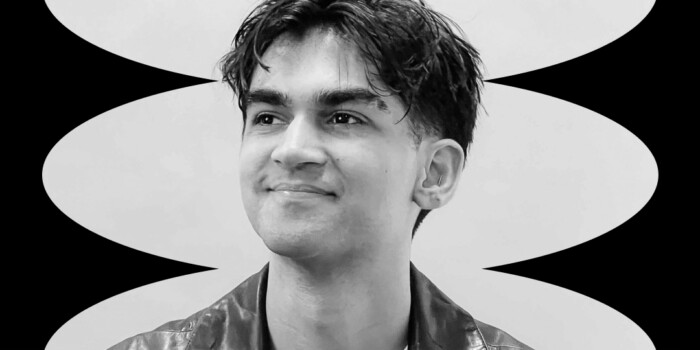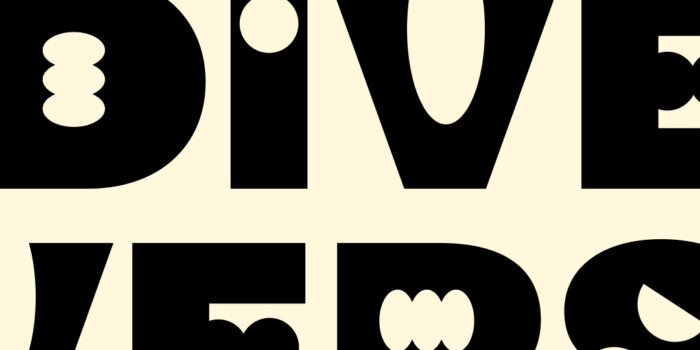Interview with Rachel Cook and Jordan Yates, Founders of Design Recovery
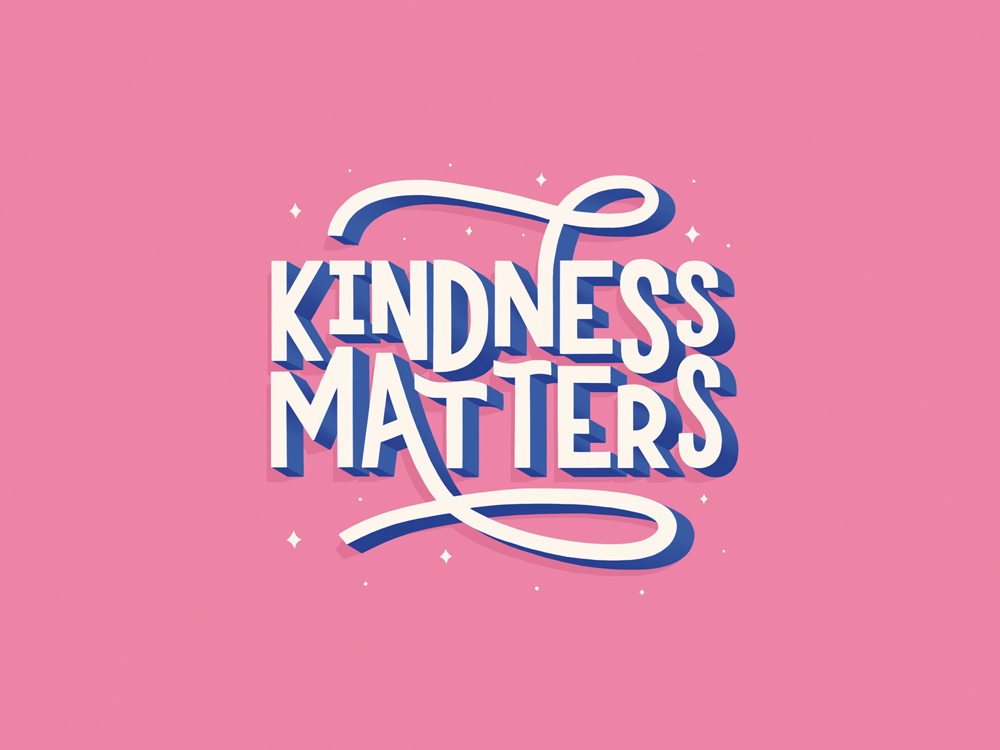
Created and run by designers Rachel Cook and Jordan Yates, Design Recovery is a free all-inclusive event which acts as a safe space for people to open up and talk about their mental health. After starting in 2019, it has held numerous events—in person and online—throughout Manchester where six or seven speakers talk about mental wellbeing and how to combat it.
We spoke to them for the Shillington Post 09—The Wellbeing Issue about the aims, past, present and future of Design Recovery and their own experiences of mental health in the design industry.
First of all, what sparked the idea within you guys to start Design Recovery?
We were both attending a lot of design events and talks across the city and we noticed there were a lot of designers who were coming through and saying “I’m really struggling at the moment, this is really hard, I’m working all the time, falling out of love with it, lack of confidence”, etc. We realised from talking to people that it is something we have all been through. Though, there wasn’t really much of a talk event about mental health and that people didn’t feel comfortable getting up and talking about it.
So in partnership with Design Wellness, a launch company for therapists and counsellors, we started to discuss creating an event that talks about and tackles mental health. We were happy to take this on as event hosts and it’s a really nice partnership. With every event we have now, Design Wellness will point us in the direction of a therapist.
So you have therapists at every event?
Yes. We have therapists available to speak to on the night and also contact at a later date if people want to. Therapists will speak about their process at our events and, along with other speakers who we have found, it has opened people up to talking about mental health. They realise “Oh! Having therapy isn’t a taboo, it doesn’t sound as scary”.
We always want the event spaces to be cosy and comfortable. If at any point anyone feels uncomfortable or want a breather, we ensure there is a space for people to go to if they need.
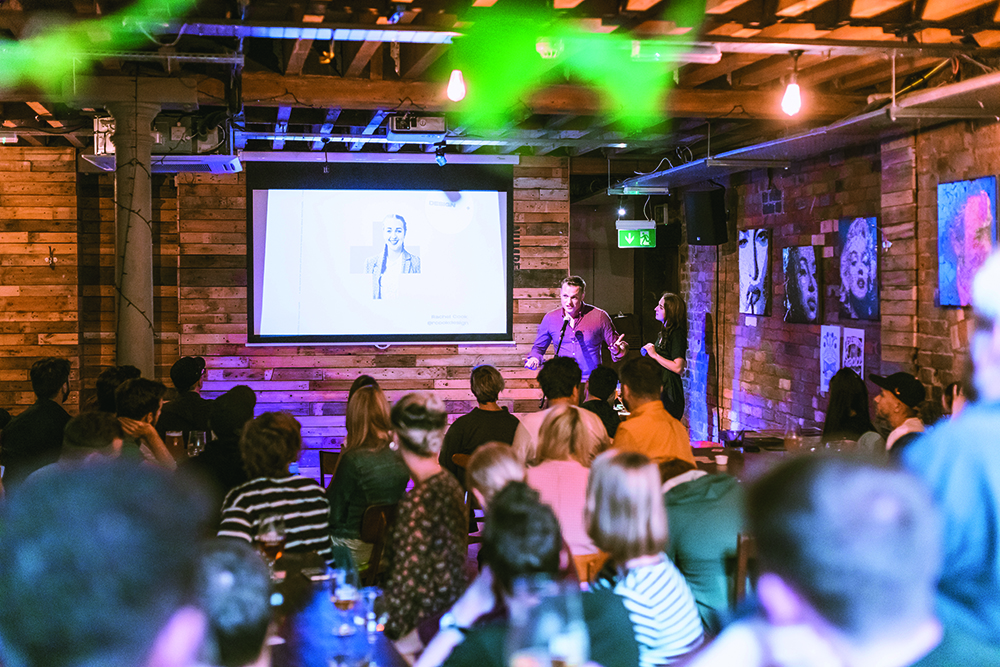
What do you want to achieve with Design Recovery?
Our biggest aim with Design Recovery is to get people talking more, whether that’s to us— which we’re not expecting—or to their parents or people around them, that’s basically our biggest goal. We’re both in the creative industry, and we’ve both gone through our own struggles with mental health and our confidence in design and the industry, because it can be a really tough one to be in.
We want people to be able to speak the same way we do openly to a wider community. It’s about making mental health seem less of an alien subject, not taboo. We want people to feel like this is a space where they can talk openly if they wish to admit that “I’ve really struggled with design, art or my journey”.
Is it tailored solely towards the design industry?
Our network is primarily creative but it is all inclusive, so anyone can come along or speak. There’s a lot of other mental health resources for a variety of industries but I don’t think the creative industry is represented well. Especially considering that the industry has one of the highest levels of mental health issues. So, it’s important that it resonates with a lot of creatives but we would never tell somebody who’s not part of the industry they can’t attend.
What experiences have you guys had with Mental wellbeing as a designer?
We are called designers, but we are artists as well. We pour a lot of our personality and take pride in our work so when it gets cut down you can take it quite personally.
When I was struggling with my mental health the most in my life, I was probably the least creative. I just remember thinking, “I’m broken”, “I can’t be creative” and I didn’t have the confidence in terms of where my career would go. So, in my head, it was like “what’s the point?” If I can’t be creative when I’m supposed to be expressing myself, I’m never gonna make it.
I just feel like that was such a harsh thing to tell myself because, actually, sometimes you need to rest, you need to breathe and you need to have a break. You also need to step away from social media and look after yourself and you will come back in with a completely fresh perspective.
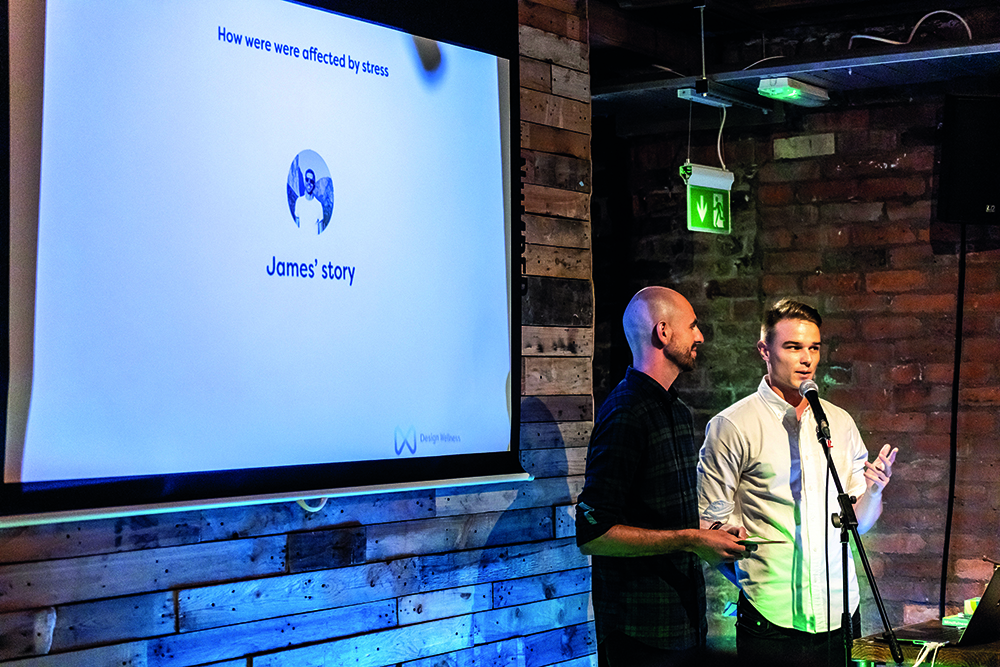
What has the response been to Design Recovery?
Well firstly, we have been blown away at the the absolute confidence when people do come to speak. The people who stand up are so strong you can plainly see the confidence it gives the audience. We’ve had a few people come up to us and just say “this has given me the encouragement to go and speak with a friend or my parents” and we never expected that to come from it, but it’s something so important.
The first event was also the first talk we’ve ever done publicly and the minute we got off stage, someone came to us and said “I’ve never admitted to this to anyone in my life. I’ve got depression. And, because of tonight, I’m going to go home and I’m going to tell my girlfriend”. It was then we just realised that Design Recovery is going to do something.
What kind of speakers do you have there?
We have a real mix of speakers. We’ve had heads of agencies wanting to come and speak, we’ve had a lot of freelancers appear, students have presented too and they have all presented some very hard-hitting information. So it covers the varying roles of a designer, whether you are a freelancer, work in a studio or a student. We’ve also had therapists and design psychologists come along and talk.
So far all of our speakers have pretty much volunteered and, on the whole, they come to us because you know, it’s such a difficult topic to talk about but people are passionate about sharing their experience.
You mentioned earlier about how many designers have similar issues with stress and their mental wellbeing, can you elaborate on that?
Over time we have categorised it into three types of designers.
First, we have the ‘Busy Bee’—the designer that is constantly working 24/7, constantly feeling like they need to push things on social and keep up the hustle, when actually the quality of the work—as well as their state of mind—is compromised.
Secondly is the ‘Inner Demon’—the sort of person saying ’I’m not good enough. I’ll never be good’. Essentially, people with Imposter Syndrome who compare themselves to other designers.
Finally, there is the ‘Lone Soldier’—these are particularly freelancers who feel they just constantly have to be on the go and take everything on on their own.
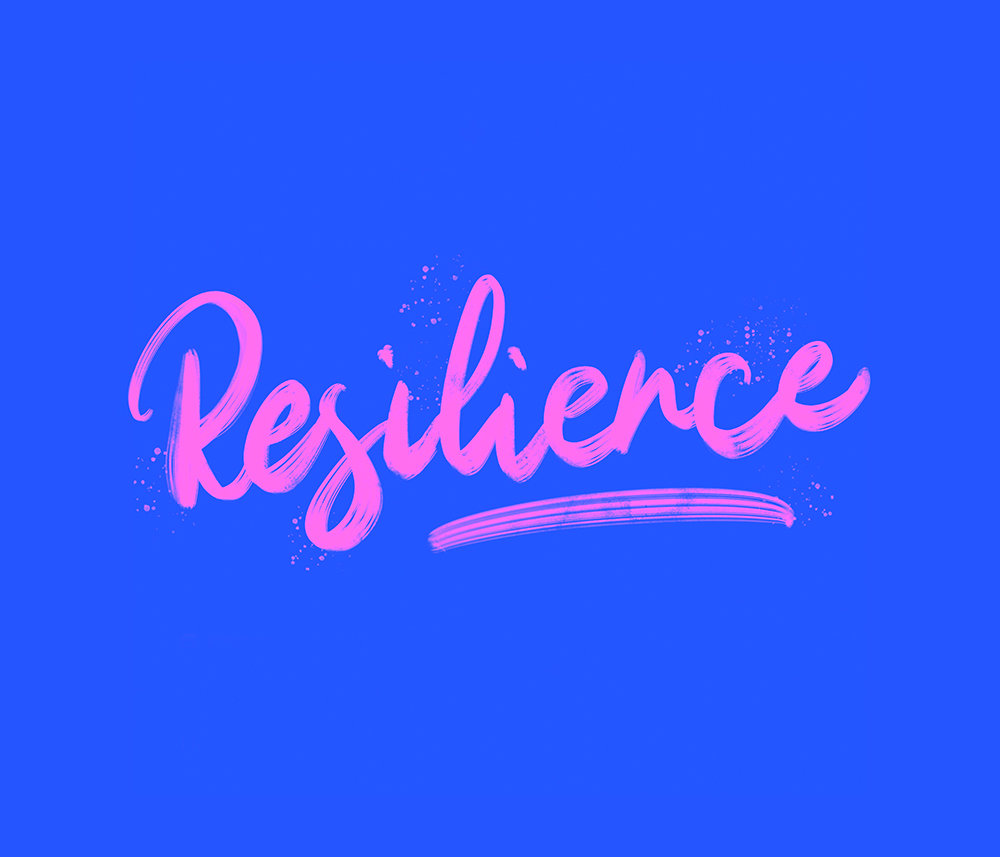
How can Design Recovery help combat this?
We have seen some really strong renowned designers show some of their worst work which is great because it shows a sense of vulnerability—that even the best designers have the same struggles. Imagine if Paula Scherr shared some awful logos she had created. Everyone would applaud as it’s great to see some sort of reality and that even the masters are human. Design Recovery can be a place where we shout and scream about that what you are going through is what everyone else is actually going through as well. It’s not just you.
It just seems like it’s opening up a much wider conversation already. It’s giving us more and more confidence with it each time. I just hope that we always manage to lift people’s spirits and give people confidence too.
Any tips for people who are about to embark on a career in the creative industries on how to deal with their stress and wellbeing?
No matter what stage you’re in, whether you’re a graduate, ten years into your career or a freelancer, you should always ask for help. Whether it’s your career or your mental health, by admitting that you’re vulnerable and you need some help, people will always be willing to help.
If you try to do everything on your own all the time and work long hours, your work will suffer and you will reach burn out. You must be willing to have downtime.
Also, if you are just starting your career don’t put all the pressure on yourself to know everything. If you’re going in somewhere as a junior designer, agencies and businesses will know that, they know you’re just starting out. You’ll learn as you go and they will teach you what you need to know.
When applying for jobs, it’s not all about your work either. It’s about you as a person too. Don’t put all your pressure on just your portfolio. It’s about you as a person and how you will fit in with a team. Studios and companies want someone who’s a team player—you don’t want a team full of amazingly talented people that don’t get on.
I truly believe that if you do feel like you’re in a negative position in your company, because you’ve got mental health conditions, it’s really not the right company for you. Or the company need to reconsider their structure because I don’t think, going forward, anyone should feel like they can’t express themselves.
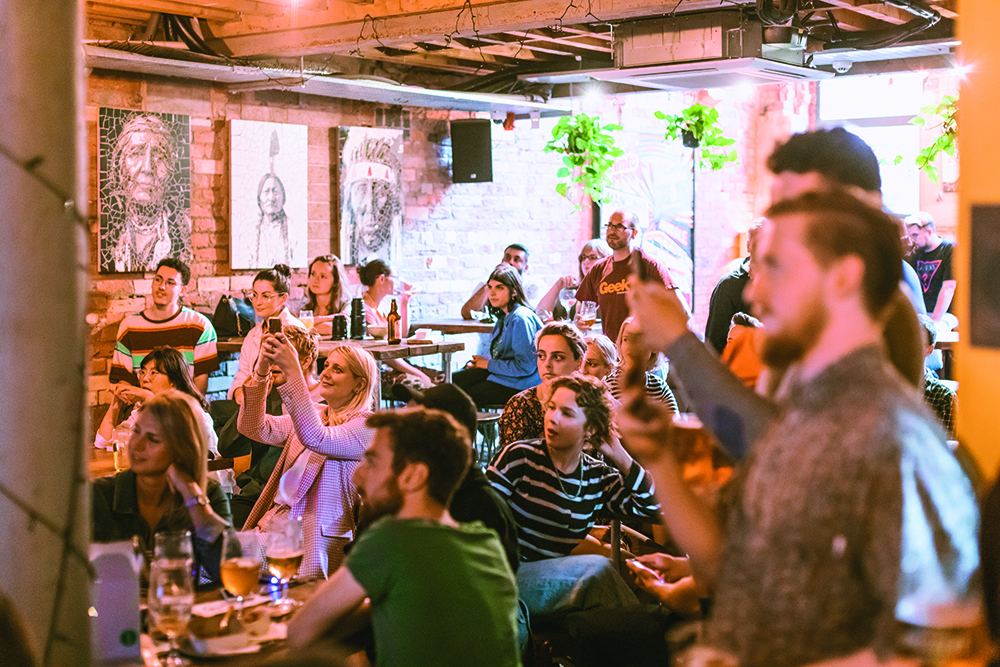
Will the current global pandemic impact the way designers work?
Hopefully there will be a better balance. We are already seeing that working from home works well and that allows people to be more flexible without impacting productivity.
In fact, people are becoming more productive. Even the stress of fitting in private matters (dentist appointments, walking the dog, etc) becomes easier to manage as people are being more flexible with their time. The anxiety of such simple matters is actually reduced as day-to-day life is easier to manage.
What are your plans for the future of design recovery?
During lockdown we hosted a live event for up to 500 people and the response was amazing! We had the chat feature on Zoom and suddenly all of our speakers were getting all these amazing live comments—we’ve never been able to facilitate that in a live event before. We were literally watching it come in and everyone was just so nice about each other and the speakers. It became a lot more interactive as we introduced a Q&A session too.
We have plans to develop a podcast to go alongside the live and online talks. A lot of people can’t come to our events as tickets sell out very quick, so we plan to bring the speakers back in for a podcast and just talk through their presentation with them.
We’d also like to make Design Recovery a resource library for mental wellbeing.
Keep an eye on Design Recovery’s Instagram, where they share all our upcoming event information. Or, if you want to reach out to them directly, email them!
This interview was first published in the Shillington Post 09—The Wellbeing Issue.
Want to win some amazing prizes and stay in the loop with all things Shillington? Sign up to our newsletter to automatically go in the draw.
